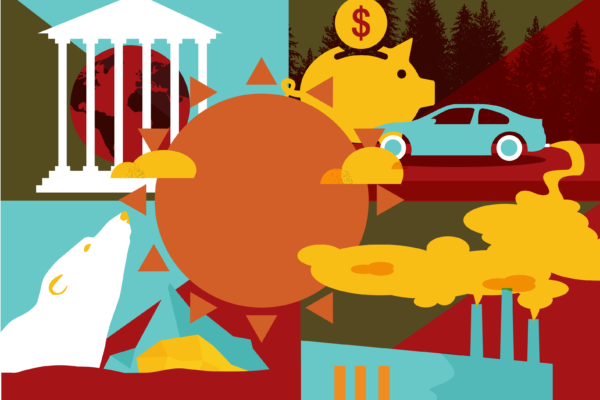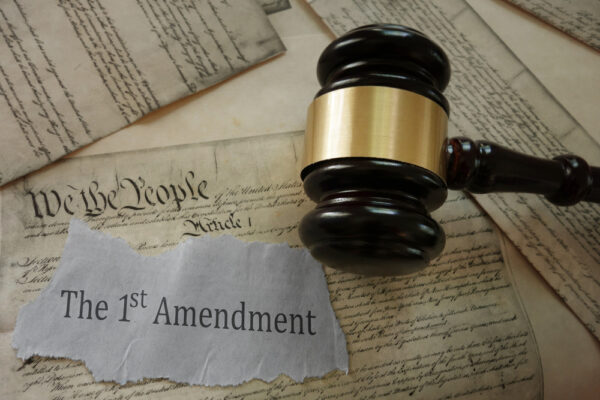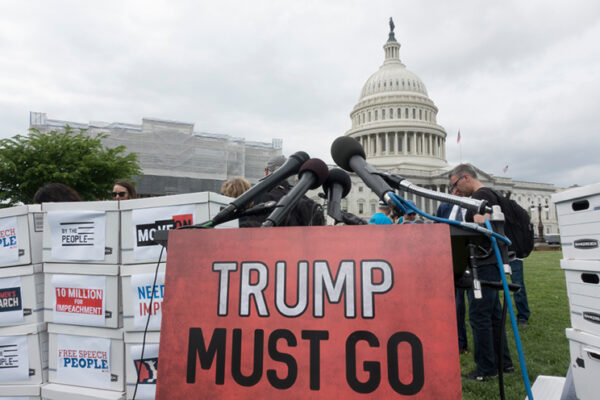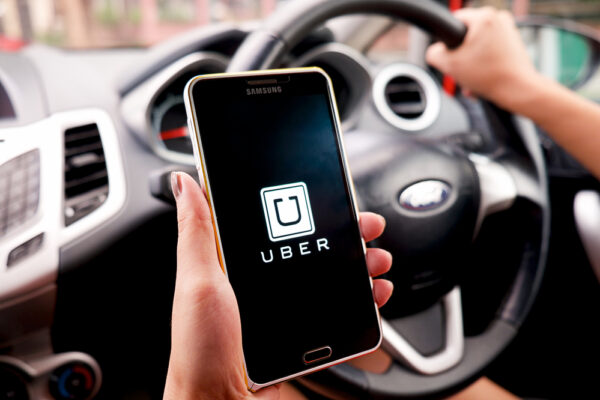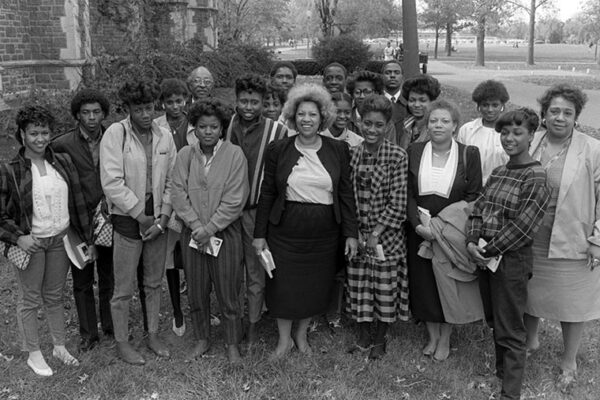WashU Expert: Political chaos in Bolivia is a ‘coup’
In Bolivia, a tangled election mess seems to have reaffirmed the popularity of leader Evo Morales. A Washington University in St. Louis faculty member says the country has propped up a new leader in what amounts to a military coup.
WashU Experts on the U.S. withdrawal from the Paris Agreement
Washington University in St. Louis climate change experts react to the Trump administration decision to withdraw from the Paris Agreement on climate change.
WashU Expert: This year, let’s make standard time permanent
A Washington University in St. Louis expert on circadian rhythms says the country should be on standard time permanently. The science behind the choice is clear: standard time is better in terms of sleep, cardiac function, weight, cancer risk and alcohol and tobacco consumption.
WashU Expert: Freedom of speech, the NBA and China
Under principles of free speech, anyone — such as Chinese state television — is entitled to hold their view of anything, including the scope of freedom of speech, says Gregory Magarian, as Constitutional law expert at Washington University in St. Louis School of Law.
Impeachment ball in Senate’s court
Whatever impeachment moves the Democratic-majority U.S. House of Representatives makes next, it’s ultimately up to the Republican-controlled and administration-friendly Senate to hold a trial on the matter — and Washington University in St. Louis political scientist Steve Smith anticipates the Senate could make a number of moves to avoid the issue.
WashU Expert: Gig economy bill would have broad implications for American labor
Lawmakers in California have approved a bill that could pave the way for gig economy workers, such as Uber and Lyft drivers, to be reclassified as employees and not contract workers. If the bill becomes law, it will have broad implications for labor in America, says Pauline Kim, an employment law expert in the School of Law.
Corporate America endorses responsibility, values
CEOs belonging to the Business Roundtable publicly committed to corporate responsibility to society as a whole, “a huge statement from one of the most influential groups in American business,” says a Washington University in St. Louis expert in values-based business.
WashU Expert: Opioid cases represent tipping point in addiction fight
Recent and upcoming legal battles involving drug makers represent a major tipping point in America’s fight against the opioid crisis, says an addiction expert at Washington University in St. Louis.
WashU Expert: Proposed changes will stamp out ‘countless species’
The Trump Administration’s proposed overhaul of the landmark Endangered Species Act will “hasten the extinction of countless species,” says Jonathan Losos, director of the Living Earth Collaborative at Washington University in St. Louis and an international biodiversity expert.
WashU Expert: Remembering Toni Morrison
Rhaisa Williams, assistant professor of performing arts in Arts & Sciences, remembers Toni Morrison’s “magnificent wield of imagination.”
View More Stories

